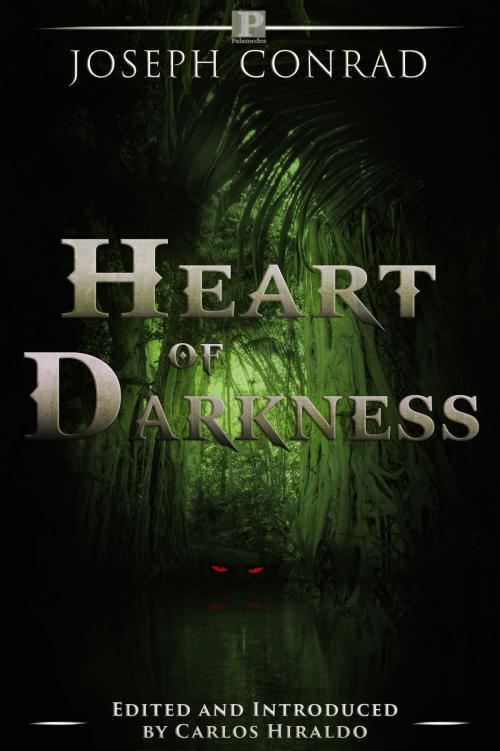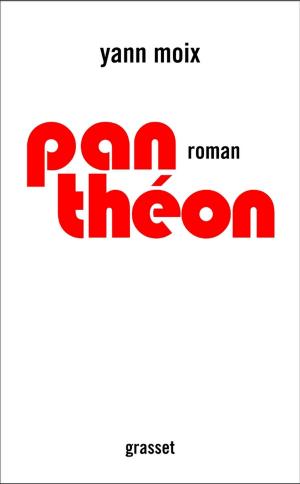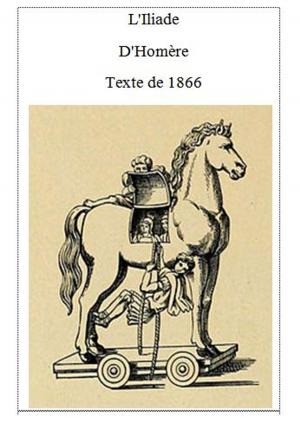| Author: | Joseph Conrad | ISBN: | 1230002042671 |
| Publisher: | Palamedes Publishing | Publication: | December 10, 2017 |
| Imprint: | Language: | English |
| Author: | Joseph Conrad |
| ISBN: | 1230002042671 |
| Publisher: | Palamedes Publishing |
| Publication: | December 10, 2017 |
| Imprint: | |
| Language: | English |
Joseph Conrad's Heart of Darkness, written at the turn of the twentieth century, unmasks the veneer of civilization to reveal a savagery at the heart of the British Empire. It is eerily prophetic of the two world wars that would, in the coming decades, shake Europe to the core.
The novella is a framed narrative where the narrator—Marlow—tells a story to some friends on a boat anchored on the River Thames in London. The story involves Marlow's experiences on the Congo River in Africa and the book interweaves the two rivers with an implication that, despite the marketing campaigns of the British Empire, one is not more civilized than the other. The citizens in London pay butchers for their meat and soldiers for their luxuries, and enjoy the benefits of these enterprises, while kept safely away from the grim realities.
However, the book is not a clear-cut critique of colonialism. Its depictions of Africa, based on Conrad's own travels there in 1890 with a Belgian trading company, play with ideas of darkness, not just in an existential sense of evil and death, but also around the skin color of the native population. The African novelist Chinua Achebe famously critiqued its racist descriptions of Africans in his 1975 lecture "An Image of Africa: Racism in Conrad's Heart of Darkness." Achebe's lecture forever changed the discussion around Conrad's novella, but, like all literary criticism, it is not the final word. Heart of Darkness does not lend itself to clear-cut explanations and it's often been criticized for its irritating ambiguities. This, in part, is why the novella continues to fascinate readers more than a century after its publication.
Joseph Conrad's Heart of Darkness, written at the turn of the twentieth century, unmasks the veneer of civilization to reveal a savagery at the heart of the British Empire. It is eerily prophetic of the two world wars that would, in the coming decades, shake Europe to the core.
The novella is a framed narrative where the narrator—Marlow—tells a story to some friends on a boat anchored on the River Thames in London. The story involves Marlow's experiences on the Congo River in Africa and the book interweaves the two rivers with an implication that, despite the marketing campaigns of the British Empire, one is not more civilized than the other. The citizens in London pay butchers for their meat and soldiers for their luxuries, and enjoy the benefits of these enterprises, while kept safely away from the grim realities.
However, the book is not a clear-cut critique of colonialism. Its depictions of Africa, based on Conrad's own travels there in 1890 with a Belgian trading company, play with ideas of darkness, not just in an existential sense of evil and death, but also around the skin color of the native population. The African novelist Chinua Achebe famously critiqued its racist descriptions of Africans in his 1975 lecture "An Image of Africa: Racism in Conrad's Heart of Darkness." Achebe's lecture forever changed the discussion around Conrad's novella, but, like all literary criticism, it is not the final word. Heart of Darkness does not lend itself to clear-cut explanations and it's often been criticized for its irritating ambiguities. This, in part, is why the novella continues to fascinate readers more than a century after its publication.















